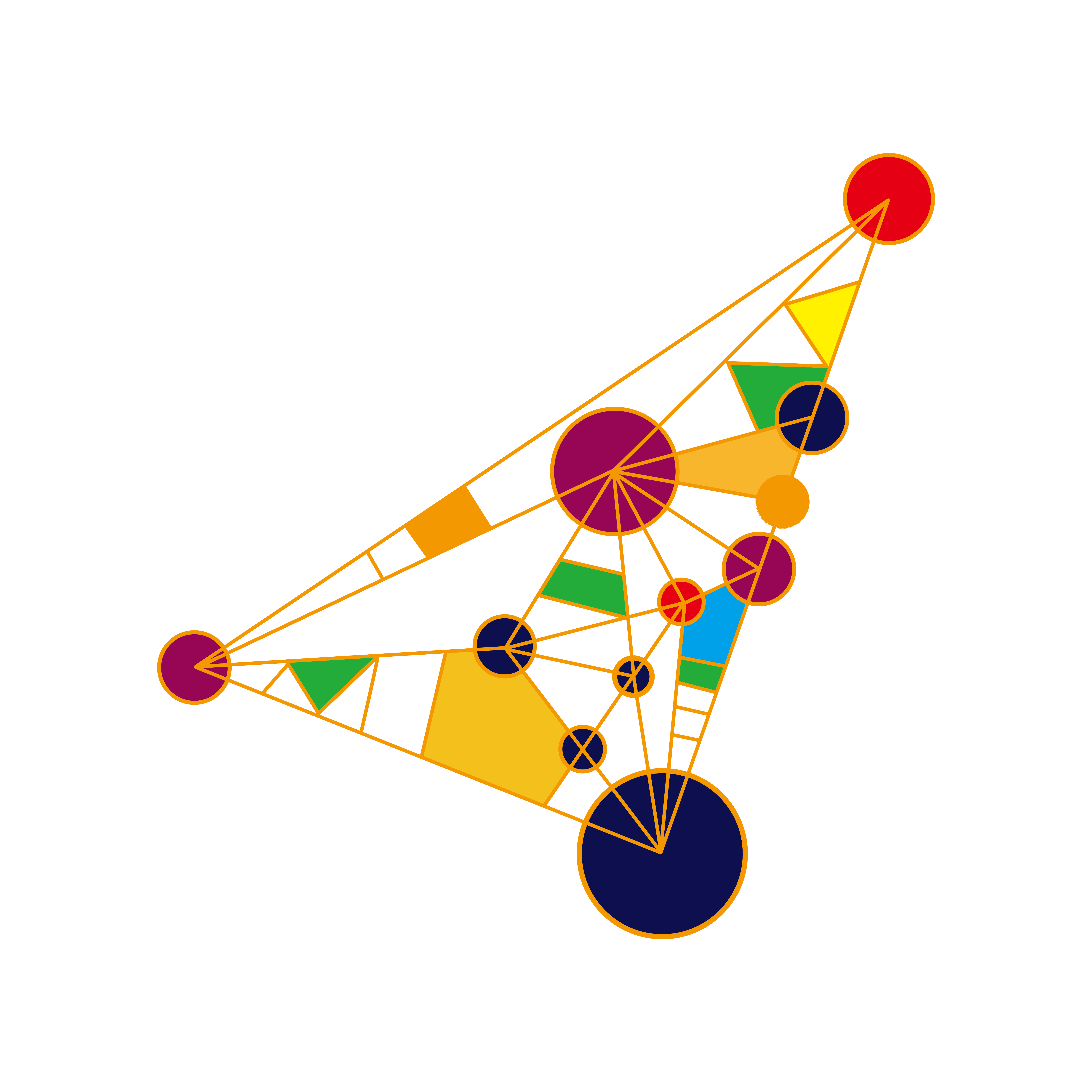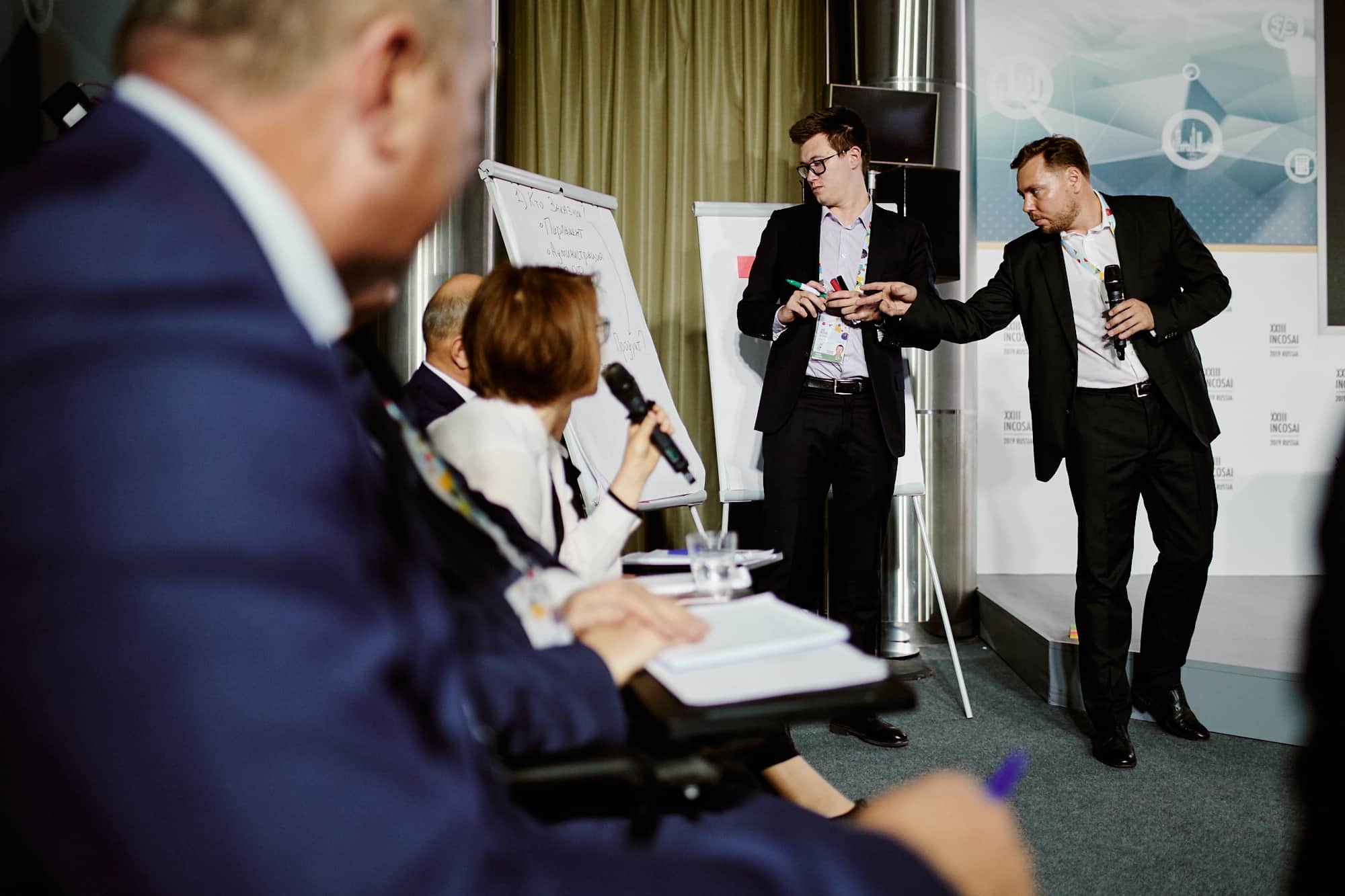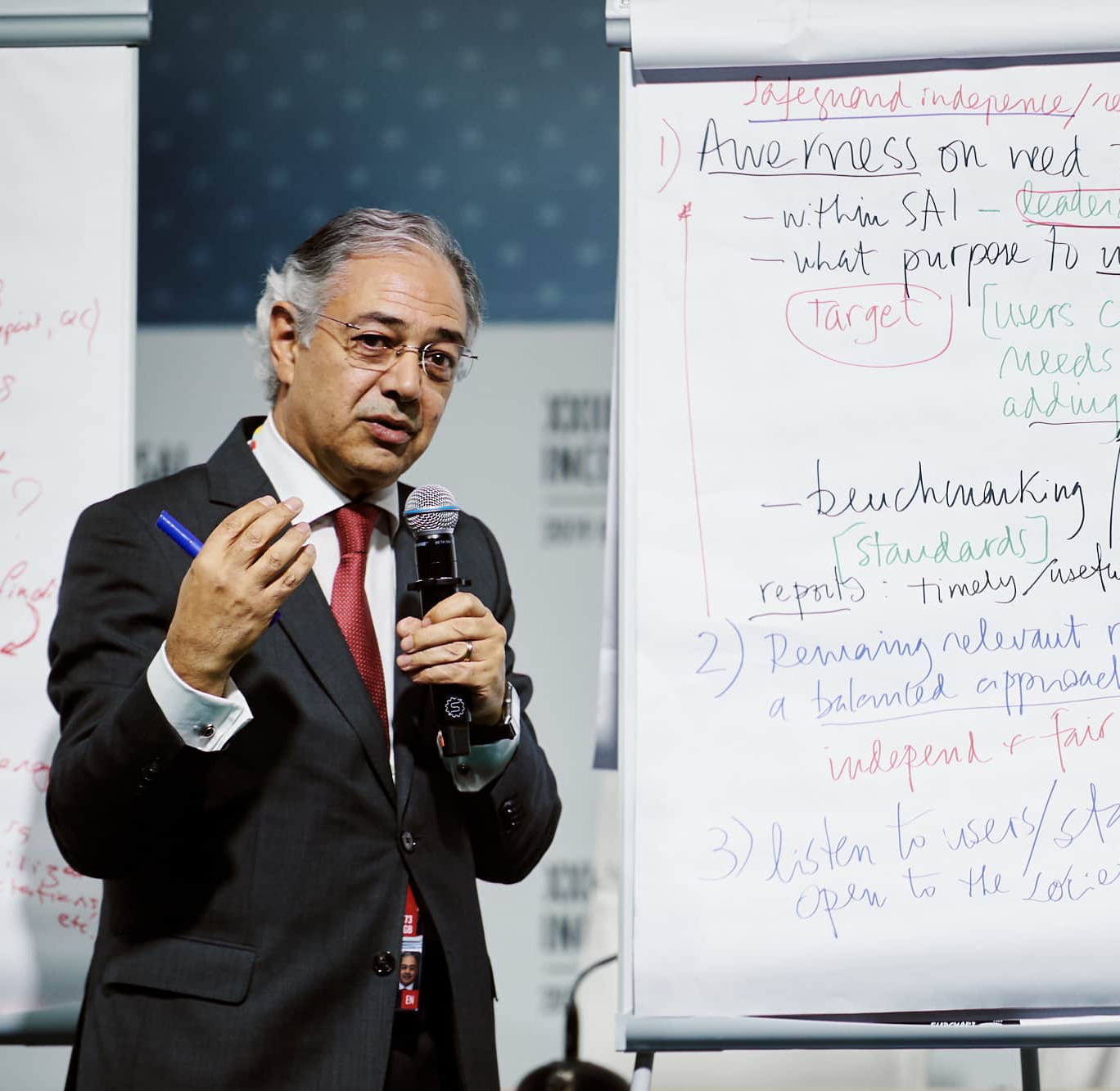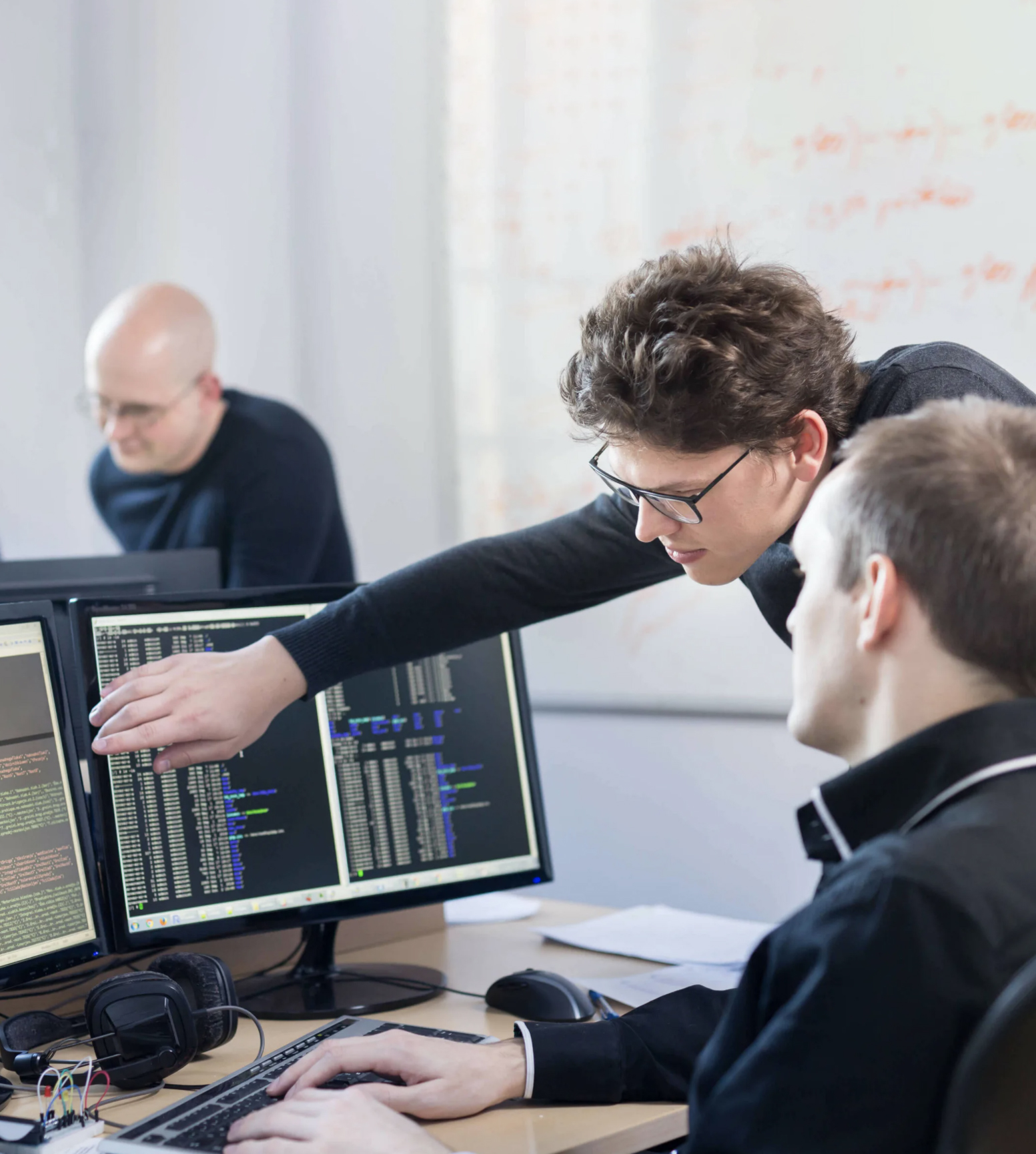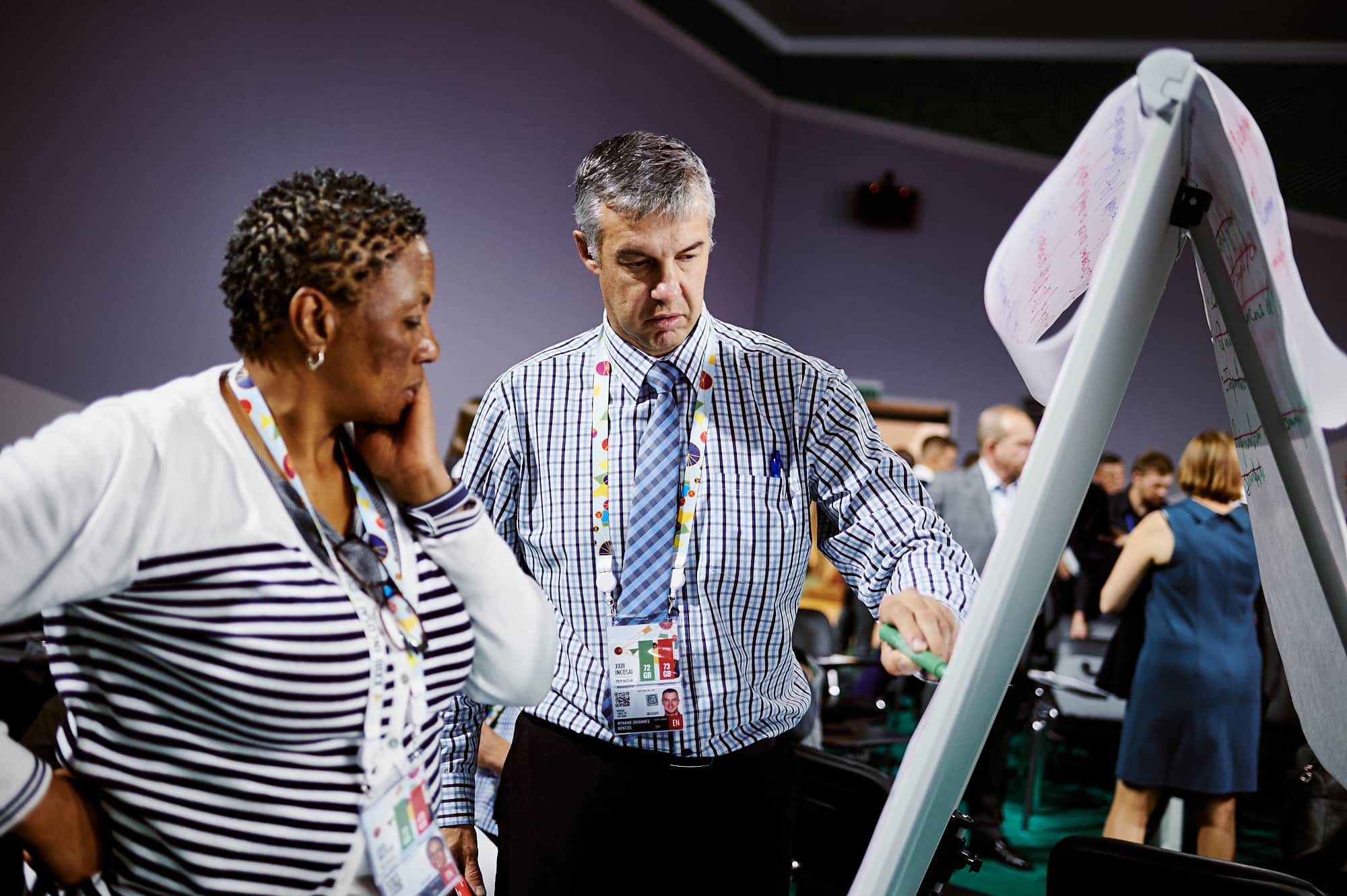Progress
The idea of nurturing the auditors of the future has mostly found reflection in numerous courses and training programs for auditors, that differ across INTOSAI community in their extent, topics, forms and regularity and, as in other cases, also predate the adoption of the Moscow Declaration. However, this provision stimulated SAIs to focus on this area and spread learning practices more widely.
More frequently, SAIs show interest in such topics for training auditors as IT-based environment (Algeria), artificial intelligence and big data analysis with the help of special platforms (Bahrain, Brazil, Ecuador, Indonesia, Jamaica, North Macedonia, Fiji), visualization of the outputs (Czech Republic), high-level analysis of the overall situation and development trends (China, Russia). The auditors are trained to determine high-risk areas and detect fraud (Ecuador), develop their soft skills (Thailand) and use of qualitative and quantitative methods (UK). The provision was also useful in terms of developing audit plans, selecting audit topics, decision-making and deriving audit conclusions (Malaysia).
Such diversity of topics and applications is supported by numerous formats and organizational decisions, such as creating Innovation Labs (USA), Data Analytic Groups (India), Laboratory of Innovation in Government Control (Peru), etc. SAIs organize and participate in workshops (Algeria, India), joint training courses (Austria), perform pilot projects (India), adopt national strategies (China, Jamaica) and develop cooperation with external scientific and educational institutions for this purpose (France).
European Court of Auditors:
At the ECA, we have already been making progress for some time with different initiatives and pilots. For example, the ECALab – our in-house incubator for applying data analytics, data visualization and process mining to audit (See ECA Journal 1/2020). The ECA has created a digital steering committee consisting of a number of ECA members and tasked with steering the digital transformation of audit work. The first step was to do a status quo analysis and work on the development plan is ongoing. In February 2019, the College of the ECA adopted its conclusion on ‘Foresight for ECA,’ in which we committed to move forward on foresight – establishing a Strategic Foresight and Advisory Panel – and we identified an urgent need for the ECA to undertake a digital transformation of its audit work. We have started to use more and different technologies in different areas, for example, by providing more quantitative analysis or interactive graphs in our performance audits. We are also doing a pilot audit on some of the stages of the checks we carry out when auditing selected EU agencies.
USA GAO:
GAO has created a team that enhances access to data sources, conducts data analysis and data matching, develops methodological approaches, and deploys new analytical technologies. This has enabled us to more efficiently monitor federal procurement processes, detect potential fraud in our social support programs, and enhance risk modeling to assess internal controls. We also created a Science, Technology Assessment, and Analytics Team with a Chief Data Scientist and an audit innovation lab that explores new types of advanced analytics to discover and visualize patterns in data sets and focus on emerging technologies such as blockchain, artificial intelligence, and machine learning. This increases the sophistication and usefulness of our work and also helps the United States Congress understand how our government is addressing opportunities and risks associated with these technologies.
Challenges
While understanding the relevance of this provision, SAIs report to have encountered a number of difficulties in its realization and identify possible risks in the future. For instance, INTOSAI members acknowledge that the existing capacities are not completely sufficient for training auditors in all the relevant areas and will need further development (Austria, Armenia, Aruba). This, however, results challenging due to the lack of financial resources designated for this purpose and requires external help from the international community and SAI stakeholders (Fiji, Jamaica, St. Vincent and the Grenadines, Suriname, Belize). SAIs are aware of the need to carefully consider and balance the availability and efficiency of use of human, technical and financial resources (Czech Republic).
More specifically, shift in the role of government, technological, societal, economic and demographic forces catalyze an evolution in the operations and delivery of public services (India). This creates even more areas for capacity building making it difficult for SAIs to catch up with the progress, constantly requires new competences, profiles, governance and changes in approach (ECA). Additionally, nurturing the soft skills (inter-personal and collaborative skills) is becoming increasingly important (Finland), which is not yet universally taken into consideration.
An important organizational challenge is related to the fact, that not all the experiments and innovations were or will be successful in the future (Chile), which increases resistance to change due to the uncertainty about the results of the implementation of new procedures and technologies, as well as the loss of the comfort zone (Peru).
Plans
SAIs are going to continue with staff training and capacity building based on strategic planning (Myanmar, Yemen) or annual staff training plans prepared based on assessment of staff needs (Cyprus). The focus areas shall include strategic thinking skills, big data analysis techniques, theory of change, program evaluation, qualitative methods and use of new tools, which are expected to greatly enhance the value of the audit (Bahamas, Cyprus, Costa Rica, Haiti, Russia). More specific plans will be elaborated by monitoring the situation and following possible changes in the audit environment so as to better identify areas for training and capacity building (North Macedonia, Malta). Particular plans also envisage necessary advancements in organizational culture based on digital transformation, with an important component of change management, strengthened for the use of agile methodologies and cutting-edge technology to achieve innovative solutions (Peru), and setting up the tone and examples for auditors at the leadership level of SAIs (Malta).
Internationally, SAIs are looking forward to learn from each other and expand the use of existing mechanisms, such as the Technology and Innovation for Audit Initiative (ECA). They also have a strong hope in the INTOSAI competency framework and its future development and strengthening (China, Portugal, Mexico) both in terms of training for staff members as well as added resources via software solutions and equipment or infrastructure (Jamaica). And this is exactly the idea underlying the INTOSAI University project (U-INTOSAI) proposed by the Accounts Chamber of the Russian Federation, the Chair of INTOSAI in 2019-2022 (Russia).
Contact Us
The Accounts Chamber of the Russian Federation
Department for International and Regional Cooperation
119121, Russia, Moscow, Zubovskaya street, 2
